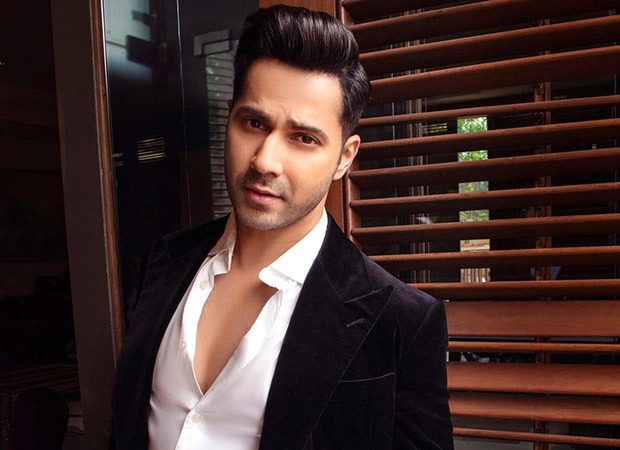Last Updated:
With accessible charging options, more people will feel confident in switching to EVs, driving up demand and accelerating adoption.
Public charging stations have skyrocketed, growing from 1,800 in February 2022 to a remarkable 16,347 by March 2024. (Image: Shutterstock)
The transportation sector in India is actively gearing up for a green makeover, with electric vehicles (EVs) gradually taking the stage, paving the way for a clean and promising future.
During an interaction with Yogesh Bhatia, MD and CEO, of LML, he shed light on How is the increasing number of charging stations accelerating EV adoption.
The sales of these vehicles have been on a continuous rise in the country, pointing towards a prosperous journey ahead. During the period January – June 2024, a total of 9,27,097 EVs were sold, marking an increase of 20.73 percent compared to the same period last year. This active momentum of the EV market is further driving the expansion of its charging infrastructure at a rapid pace.
The country has experienced a substantial increase in the number of public charging stations, jumping from 1,800 in February 2022 to 10,261 in September 2023, and finally reaching 16,347 by March 2024. This impressive growth, including the recent addition of over 6,000 chargers within a short span of six months, reflects the commitment of the industry and the government to support the burgeoning EV market.
The progress made in this space has been made possible through a range of initiatives undertaken by various stakeholders. Significant investments have been made by the government entities, private organizations and individual entrepreneurs towards the establishment of a strong EV charging network.
Not only are these companies setting up traditional charging points, but they are also exploring innovative solutions such as fast chargers and battery swapping stations to address the diverse needs of EV owners.
In addition, various oil marketing companies too have stepped forward and announced their plans to fast-track the installation of charging stations. Some exciting collaborations are also underway between various automakers, power companies and other leading industry players to infuse innovation into the space.
These collaborations not only help in leveraging the expertise and resources of both parties but also ensure the seamless integration of the charging network with the existing power grid.
Building upon these efforts, the Ministry of Power has recently introduced supportive guidelines to enhance the accessibility and density of EV charging stations nationwide. Plans have been unveiled to strategically install at least one charging station within every square kilometre in all urban areas by the year 2030.
The ambitious plan also includes the installation of fast-charging stations every 100 kms along all major highways and expressways. This initiative is a crucial step to make long-distance travel more feasible, especially for heavy-duty EVs such as buses, trucks, etc.
This concerted effort to support the growth of EV charging infrastructure is a positive sign for the growth of the Indian EV market. By effectively addressing concerns about range anxiety, the industry could take another bold step forward, bidding adieu to yet another hurdle in the journey of these innovative vehicles.
Access to convenient charging facilities will empower EV owners to travel with increased confidence, alleviating the fear of battery depletion. Thus, the rapid expansion of charging infrastructure is set to make EVs more practical and appealing to the masses, ultimately driving increased demand and adoption.
A key report projects that by 2030, there could be an estimated 50 million EVs on Indian roads, requiring approximately 1.32 million charging stations. Precisely, at least one charger for every 40 EVs would be essential, resulting in a need to install about 4,00,000 charging stations annually.
However, despite all ongoing efforts to expand the EV charging network, there are plenty of areas that need acute focus. India currently lacks a comprehensive network of fast chargers, with most public chargers being slow chargers. With EVs increasingly being equipped with larger batteries, there is a pressing need for a fast-charging network to reduce charging times significantly.
Additionally, the high cost of DC chargers remains a key barrier in this regard. There are other challenges as well, which are being addressed by the government through a slew of initiatives such as provision of public land at discounted rates for the establishment of EV charging stations. Also, financial incentives are being provided to charge point operators to set up new stations, with the government ensuring competitive electricity costs for these stations.
With this continued government support, private sector investments and collaborative efforts between stakeholders, the growth of EV charging stations in India is set to soar.
Undoubtedly, these charging systems are the backbone of EV adoption, and their growth promises to drive higher EV adoption rates in the future. With one development leading to the other, this exciting chain is poised to spark a green revolution of sorts that would be cherished by one and all in the country.







